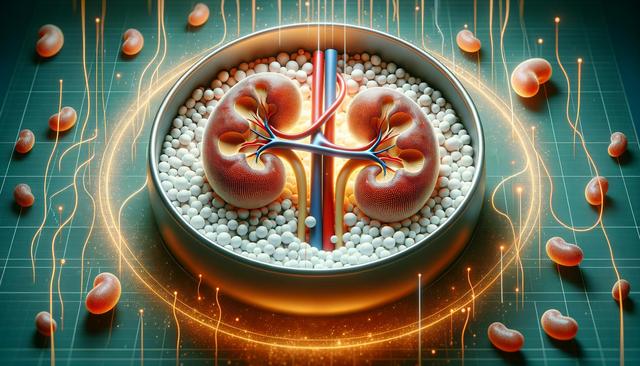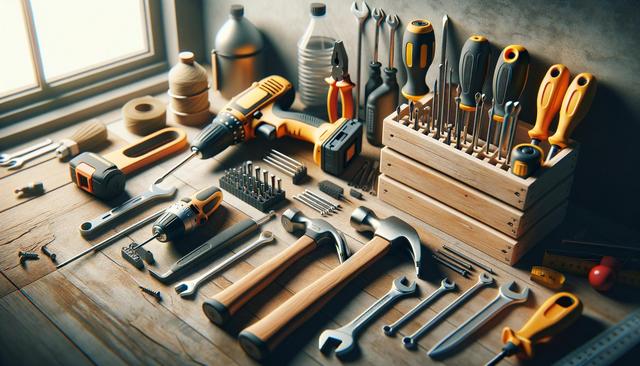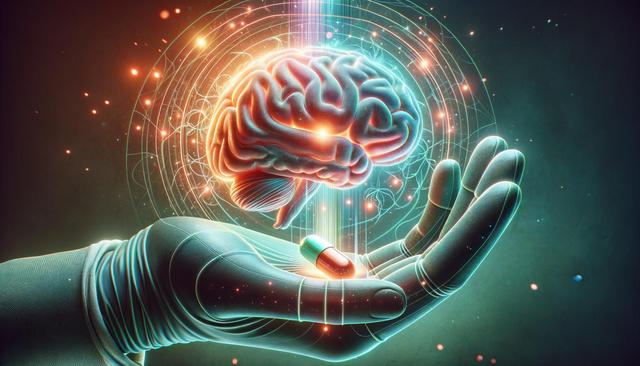Understanding Kidney Stone Pain and Its Causes
Kidney stones develop when minerals and salts accumulate in the kidneys, forming hard deposits. These stones can vary in size and may cause severe pain, especially when they move through the urinary tract. The pain is often described as sharp and cramping, typically radiating from the lower back or side to the lower abdomen and groin. Understanding what causes kidney stones can help in managing symptoms of kidney stones and preventing future occurrences.
Common causes of kidney stones include:
- Dehydration or insufficient fluid intake
- High intake of sodium or oxalate-rich foods
- Obesity and certain medical conditions
- Genetic predisposition
Recognizing the signs early — such as painful urination, frequent urge to urinate, nausea, or pinkish urine — is essential for timely intervention. Prompt action can reduce the risk of complications and improve the effectiveness of treatments to ease kidney stone discomfort.
How to Relieve Kidney Stone Pain Fast
When you’re in the midst of a kidney stone episode, finding relief becomes the top priority. While complete elimination of stones may take time, there are steps you can take to relieve kidney stone pain fast. Over-the-counter pain relievers like acetaminophen or ibuprofen can be helpful, but consulting a healthcare provider is crucial for proper dosage and safety.
Other immediate strategies include:
- Applying a warm heating pad to the affected area
- Drinking plenty of water to encourage stone movement
- Resting in comfortable positions to reduce pressure
If the pain becomes unbearable or is accompanied by fever and vomiting, seek medical attention immediately. In some cases, prescription medications or hospital-based treatments may be necessary to control pain and prevent infection.
Home Remedies for Kidney Stone Relief
Many individuals explore home remedies for kidney stone relief to avoid invasive procedures. Natural approaches can be effective, especially for smaller stones that may pass on their own. Staying hydrated is the cornerstone of any strategy. Drinking water helps flush out the urinary system and reduces the concentration of stone-forming substances.
Some well-regarded home remedies include:
- Lemon juice mixed with warm water — contains citrate which may help break down stones
- Apple cider vinegar diluted in water — believed to support kidney health
- Herbal teas such as nettle leaf or dandelion root — known for their diuretic properties
It’s important to use these remedies cautiously and consult a healthcare provider, especially if you have underlying conditions or are taking medications. Though natural, these methods can still interact with other treatments or cause side effects in some individuals.
Medical Treatments to Ease Kidney Stone Discomfort
For larger or more persistent stones, medical intervention may be necessary. A range of treatments exists to help patients pass stones or have them removed safely. These treatments to ease kidney stone discomfort vary based on the stone’s size, location, and the patient’s health status.
Common medical options include:
- Extracorporeal shock wave lithotripsy (ESWL) — uses sound waves to break stones into smaller pieces
- Ureteroscopy — involves inserting a thin scope to remove or break apart stones
- Percutaneous nephrolithotomy — a surgical option for very large or irregular stones
- Prescription medications — such as alpha-blockers to relax the ureter and aid stone passage
These procedures are often outpatient and minimally invasive, but recovery time and follow-up care vary. Medical professionals may also recommend dietary changes to prevent recurrence, such as reducing salt intake and avoiding foods high in oxalates.
Ways to Pass Kidney Stones Naturally
For many people, passing kidney stones naturally is both possible and preferable, especially if the stones are small. Understanding the ways to pass kidney stones naturally can empower individuals to take proactive steps toward recovery. Hydration remains key, as it increases urine output and helps move the stone along the urinary tract.
In addition to increasing fluid intake, consider:
- Engaging in light physical activity like walking to encourage movement of the stones
- Consuming magnesium-rich foods, which may help prevent stone formation
- Following a balanced diet low in oxalates and sodium
Monitoring your symptoms and tracking the passage of stones can help determine the effectiveness of these methods. If stones do not pass within a few weeks, or if symptoms worsen, consult a healthcare provider to explore additional treatment options.
Conclusion: Managing Kidney Stone Pain Effectively
Kidney stones can cause significant discomfort, but a variety of approaches are available to manage the pain and support recovery. Whether you’re seeking how to relieve kidney stone pain fast or exploring long-term solutions, combining medical advice with proven home remedies for kidney stone relief can be an effective strategy. Stay hydrated, listen to your body, and don’t hesitate to seek professional care when needed. With the right approach, it’s possible to find lasting relief and reduce the likelihood of future stone formation.




Leave a Reply